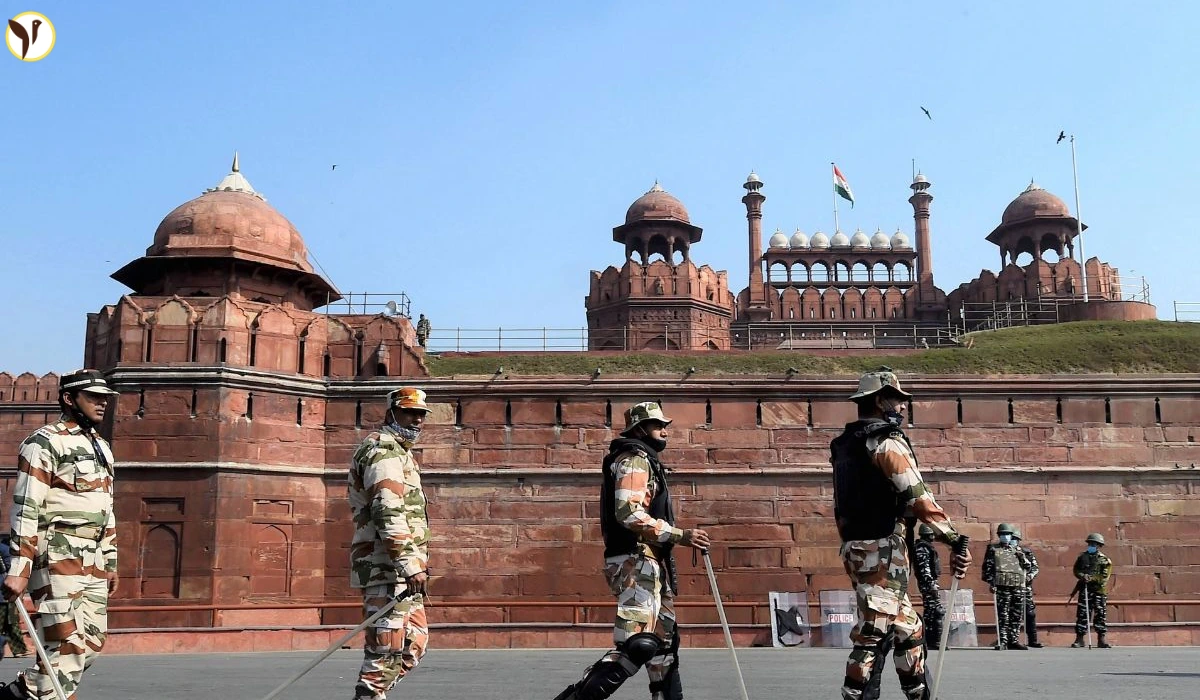Nirjala Ekadashi 2025: A Day of Deep Devotion
This year, Nirjala Ekadashi—one of the most significant fasts in the Hindu calendar—falls on Friday, June 6th, 2025. Honestly, I’ve always found this particular Ekadashi fascinating, and I wanted to share what I've learned about its history, significance, and how people observe it. It’s more than just a fast; it's a powerful spiritual practice.
What's the Big Deal About Nirjala Ekadashi?
The name itself, "Nirjala," means "without water," indicating the rigorous nature of the fast. Devotees abstain from both food and water for the entire 24-hour period. This is what makes it stand out from the other 24 Ekadashis throughout the year. It's considered the most rewarding, offering the spiritual merit of observing all 24 Ekadashis in one go.
The Ekadashi Tithi begins at 2:15 AM on June 6th and ends at 4:47 AM on June 7th, 2025, according to Drikpanchang.
The Story Behind Bhimseni Ekadashi
You might also hear this day called Bhimseni Ekadashi. That's because the story of its origin revolves around Bhima, one of the Pandava brothers from the Mahabharata. Legend says Bhima struggled to keep up with all the Ekadashi fasts. He sought guidance from Sage Vyasa, who advised him to observe just this one particularly stringent fast—Nirjala Ekadashi—to gain the equivalent merit of observing all 24.
Bhima did it, earning Lord Vishnu's blessings and setting the example for generations to follow. It's a powerful story about dedication and the rewards of faith.
How People Observe Nirjala Ekadashi
Observing this fast is a deeply personal experience. Here's a general idea of what it involves:
- Preparation: The night before, devotees usually have a light, sattvic (pure) meal and make a Sankalp (vow) to observe the fast.
- The Fast Itself: No food or water for 24 hours. It's a serious commitment.
- Spiritual Practices: The day is dedicated to prayer, chanting Lord Vishnu's names (like "Om Namo Bhagavate Vasudevaya"), reciting the Vishnu Sahasranama, and reading scriptures.
- Mental Discipline: Maintaining positive thoughts and avoiding negative emotions like anger is emphasized.
- Breaking the Fast: The fast is broken (Parana) on the morning of Dwadashi with fruits or a light sattvic meal. Exceptions are made for the sick, elderly, or pregnant women, who may opt for a phalahar (fruits and milk) fast.
- Charity: Giving to the needy is also a significant aspect of the day.
I know many people also perform Tulsi puja (worship of the Tulsi plant) and light a diya (lamp) in front of Lord Vishnu's image.
Beyond the Fast: A Time for Reflection
Nirjala Ekadashi isn't just about abstaining from food and water; it's a time for deep spiritual reflection, self-discipline, and connecting with the divine. Even if you can't manage the full waterless fast, the essence of the day is about devotion and positive intention. I believe it offers a chance for spiritual growth and cleansing.









